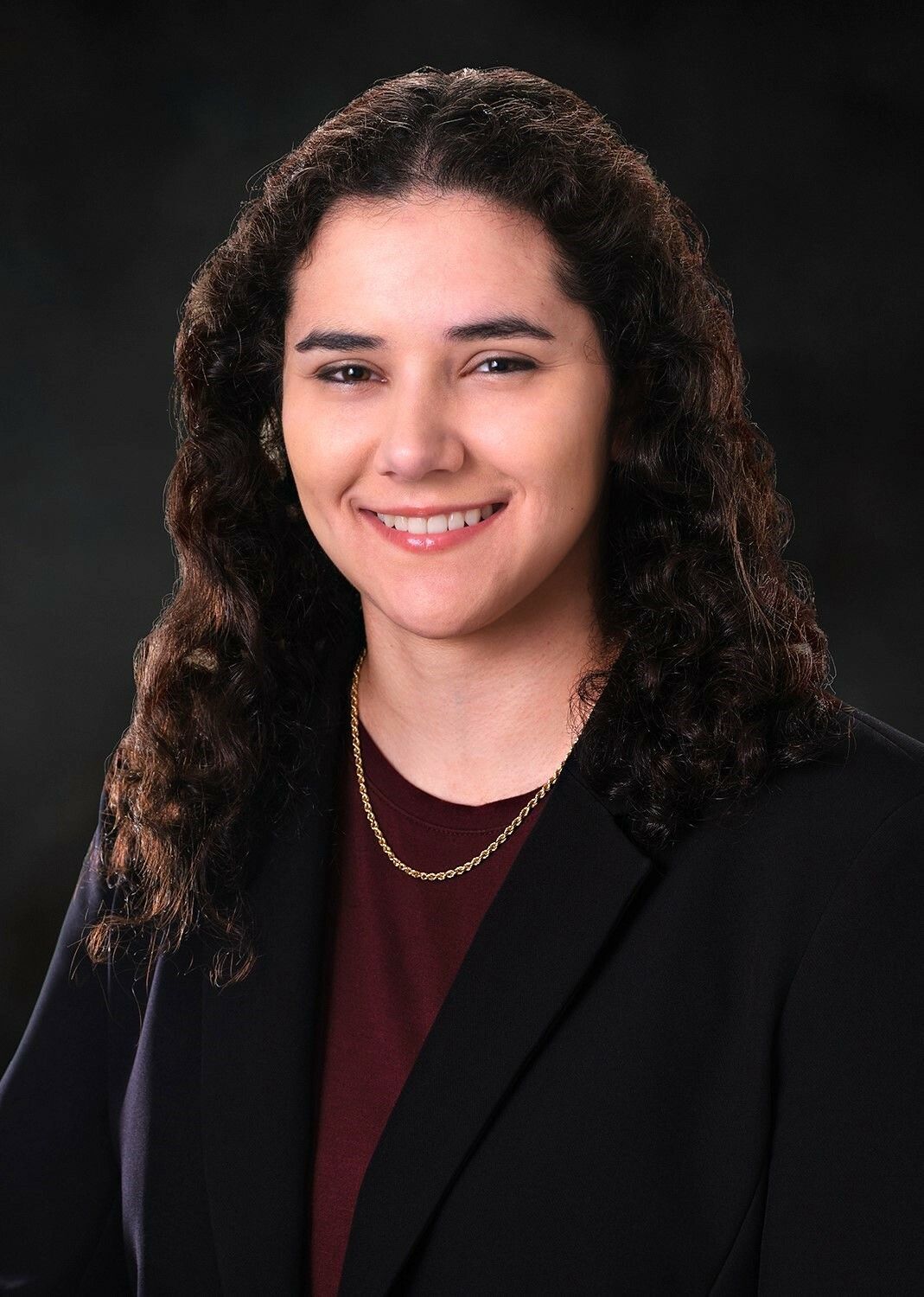What You Can Do to Prepare for Immigration Reform Now
What You Can Do to Prepare for Immigration Reform Now

Comprehensive Immigration Reform is still at the beginning, but it is never too early to start preparing. While it is up in the air whether comprehensive reform will have a pathway to citizenship, we know that if there is a pathway there will be tough requirements to "earn" citizenship. With what we do know about any possible pathway, there are a few things that undocumented immigrants can start doing today to make things easier when and if reform passes:
1. Pay taxes
As the old adage says, "the only things you can't avoid are death and taxes". Everyone is required by law to pay taxes and any pathway to citizenship will require that immigrants pay back taxes in order to qualify. The immigrant can obtain a Taxpayer Identification number through the IRS and begin by paying their 2012 taxes, on time, along with any back taxes they may owe.
2. Obtain Identification
In order to file any immigration application, the immigrant must be able prove who they are. The immigrant can do this by obtaining a government issued I.D., ideally a passport, through their consulate. Having photo identification is a good idea anyway, so that in case an undocumented immigrant is stopped by police they can properly identify themselves and possibly avoid arrest.
3. Learn English
It is likely that immigrants will have to demonstrate that they can converse in English and have knowledge of U.S. history, much like a citizenship test currently. We do not know what stage of the process this will be required, but any pathway to citizenship will require it at some point. Now is the time to begin practicing so that the immigrant can pass this portion of the application process.
4. Collect Documents Showing Presence in U.S.
No matter what plan comes into effect, the immigrant must be able to show that they have been in the U.S. for an extended qualifying period of time. Based on the current Deferred Action requirements, it is likely that an immigrant will have to show continuous residence for at least five years in order to qualify for the pathway to citizenship. This can be shown through school documents, medical bills, leases, taxes, bank receipts, etc.
5. Pay Fines
There should be no loose ends that could prompt the U.S. government to deny the application, especially criminal issues. The immigrant should begin paying off any and all fines even if that means setting up a payment plan with the court. If the immigrant has a record, they may want to look into getting crimes expunged. The Federal Government can still access those records, but it reflects positive on the record as a whole that the crime was expunged by local authorities.
6. Start Saving Money
There is likely to be a penalty fee on top of any government filing fee, which will make the process very expensive. Attorney's fees are separate from the fees the government requires. Applying through an experienced attorney is always advisable because if the immigrant does not gain legal status, they risk being deported. Legal fees vary depending on location and experience, but can make all the difference in an immigration application. Do not trust notarios who prey on small budgets. They cannot be trusted and they may file an application that could make the immigrant ineligible for legalize status.
GKH will keep you informed of the developments regarding comprehensive immigration reform, and if reform occurs, will be ready to prepare applications and assist with experienced legal counsel. Please call the GKH Immigration Group toll free at 888-463-8117, or send an e-mail here for more information or representation in your immigration process. We help clients through the internet from around the U.S. and the world. Let us help you no matter where you are, near or far!
About the Author
GKH attorneys pride themselves on being on the forefront of new immigration developments to best serve clients located around the world. Brittany Thomas joined GKH in 2012 as a member of GKH's Immigration Group and focuses her practice on immigration including Deferred Action for DREAMers, family based immigration petitions, and employment based petitions. She received her B.A. from Pennsylvania State University in 2009, and her J.D. from the University of Tennessee in 2012 where she was Director of the College of Law's Pro Bono Program. Before coming to GKH, Ms. Thomas worked at several immigration non-profits and created the College of Law's U Visa Alternative Spring Break Program. She is committed to providing personalized, cost-effective immigration services for her clients around the world and across the U.S.
This blog is not intended to create an attorney/client relationship or provide legal advice. Please contact the author if you have any questions or comments regarding the subject matter.










